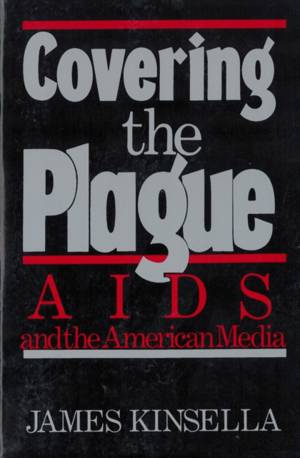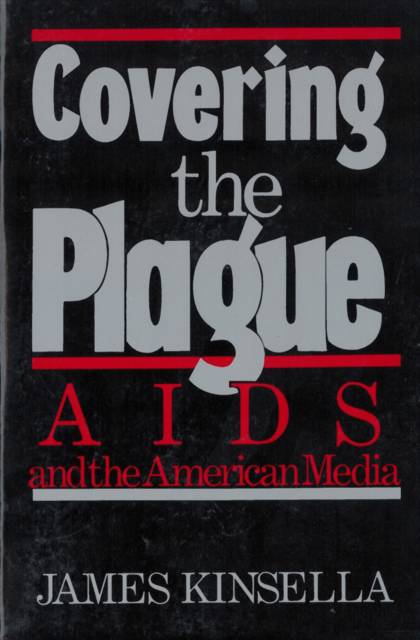
- Afhalen na 1 uur in een winkel met voorraad
- Gratis thuislevering in België vanaf € 30
- Ruim aanbod met 7 miljoen producten
- Afhalen na 1 uur in een winkel met voorraad
- Gratis thuislevering in België vanaf € 30
- Ruim aanbod met 7 miljoen producten
Zoeken
€ 48,45
+ 96 punten
Omschrijving
Whenever AIDS seemed to pose a threat to "the general population" (i.e., non-intravenous-drug-using heterosexuals), the U.S. news media gave the epidemic prominent attention, argues Kinsella. But for the most part, he finds, the media avoided or trivialized the AIDS story in its early years, and even today betrays homophobic bias and a head-in-the-sand attitude. In this thorough, often gripping study, Kinsella, a former Los Angeles Herald-Examiner editor, shows how the media and medical experts fumbled the AIDS story. Randy Shilts, the gay San Francisco reporter who wrote And the Band Played On, is portrayed as an ambitious news-hound who sometimes overdramatized or misreported information. Dan Rather, Peter Jennings and Tom Brokaw get low marks for their handling or noncoverage of AIDS news.
Specificaties
Betrokkenen
- Auteur(s):
- Uitgeverij:
Inhoud
- Aantal bladzijden:
- 299
- Taal:
- Engels
Eigenschappen
- Productcode (EAN):
- 9780813514826
- Verschijningsdatum:
- 1/01/1992
- Uitvoering:
- Paperback
- Formaat:
- Trade paperback (VS)
- Afmetingen:
- 153 mm x 229 mm
- Gewicht:
- 485 g

Alleen bij Standaard Boekhandel
+ 96 punten op je klantenkaart van Standaard Boekhandel
Beoordelingen
We publiceren alleen reviews die voldoen aan de voorwaarden voor reviews. Bekijk onze voorwaarden voor reviews.











